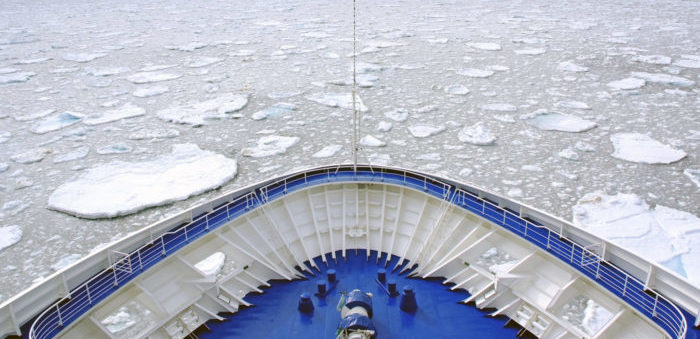Environmental group HFO-Arctic highlights the importance of reducing the impact of shipping in the region, referring to data showing an increase in black carbon emissions.
Accordingly, it is stated that black carbon emissions from shipping in the Arctic are rising.
Between 2015 and 2019 there was a 73% increase in black carbon emissions from ships using heavy fuel oil (HFO) in the Arctic, according to soon-to-be published research from the International Council on Clean Transportation.
In 2011 the United Nations Economic Commission for Europe (UNECE) urged the International Maritime Organization (IMO) to act on black carbon, while in 2013/14 the Climate and Clean Air Coalition (CCAC) renewed a call for action on black carbon emissions from the shipping sector. In 2017, the Arctic Council established a target of a 25-33% reduction in black carbon emissions below 2013 levels by 2025 for all sources.
Now, the environmental group highlights that
We know that black carbon is a short-lived climate forcer – it is the strongest light-absorbing component of particulate matter, and is a critical contributor to human-induced climate heating, especially in the Arctic where the impact of black carbon emissions is magnified.
The Clean Arctic Alliance is calling for IMO Member States to require ship operators to switch from HFO or VLSFOs to distillate fuels or other cleaner alternative fuels, when operating in or near the Arctic. A switch from HFO to distillate fuels will reduce black carbon emissions by around one-third. This would then allow the installation of an efficient particulate filter (already required for road transport) which would reduce black carbon emissions by over 90%.






























































